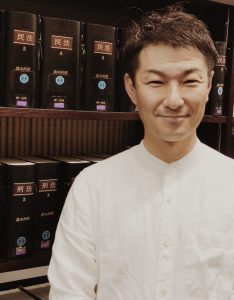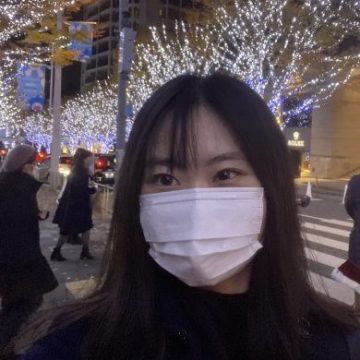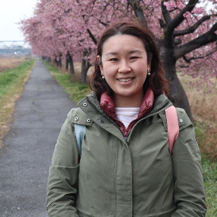Essential Communication in Japanese Permanent Residency Applications
Essential Communication
in Japanese
Permanent Residency Applications
The Absence of Interviews in Japan’s Residency Process In the Japanese permanent residency application process, direct verbal communication with immigration officers does not occur. Unlike some countries where interviews are a standard part of the application, in Japan, applicants don’t have the opportunity to explain their situation orally to an immigration officer. This lack of face-to-face interaction means that all explanations and evidence related to the permanent residency application must be submitted in writing, primarily in Japanese. Applicants must proactively include written explanations (called RIYUSHO, 理由書) of any particular circumstances with their initial application.
Responding to Notifications from Immigration Officers During the review period, if there are any discrepancies or missing information in the application, or if the immigration officer has any queries, the applicant will receive a notification letter by mail. This letter will detail additional questions or documents required. The applicant must respond in writing, addressing the queries and attaching the requested documents, and then mail these back to the immigration office. It is important to note that the immigration office does not accept phone calls, and applicants cannot provide explanations verbally.
Understanding and Knowledge of Japanese Government Systems Applicants must have a thorough understanding and knowledge of Japanese government systems, such as pension and tax payments and immigration laws, to provide accurate explanations and prepare the appropriate supporting documents in writing. Without this, there’s a risk of inability to correctly explain one’s situation or to provide the necessary evidence.
Learn more: Who is Scrutinized in Japan’s Permanent Residency Application?
Consequences of Misunderstanding by Immigration Officers If the immigration officer does not understand the applicant’s written explanations, or if there’s a misinterpretation of facts, it could lead to the denial of the permanent residency application. The process is stringent; applicants usually get only one chance to provide written clarification. The decision on whether to grant residency is often based on this sole exchange of documents.
The permanent residency application process in Japan heavily relies on written communication, making it crucial for applicants to be articulate in their documentation. Any misunderstandings or misinterpretations in the written submissions can significantly impact the outcome of the application. Therefore, preparing clear, comprehensive, and accurate written responses is essential for a successful residency application in Japan.
Professional
 Masakazu Murai
Masakazu Murai
18 years experience in Investment Banking at Mitsubishi UFJ Morgan Stanley(JV, MUFG Bank and Morgan Stanley). He had provided financial advisory more than 500 entrepreneurs and senior management.
During his tenure, he worked as an employee union executive committee member in promoting diversity, including the active participation of foreigners and women in the office, and engaged in activities to improve the working environment. He specializes in financial consulting and VISA/PR consulting.
Gyoseishoshi Immigration Lawyer
CMA(Japanese financial analyst license)
CFP (Certified Financial Planner)
Master of Business Administration in Entrepreneurship












